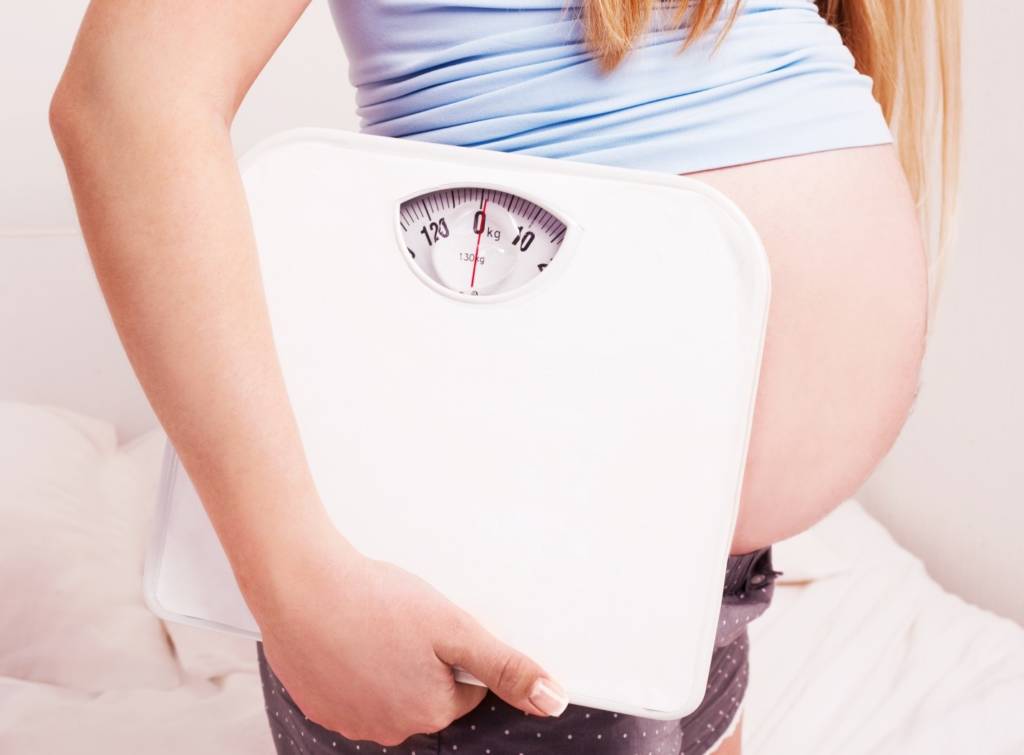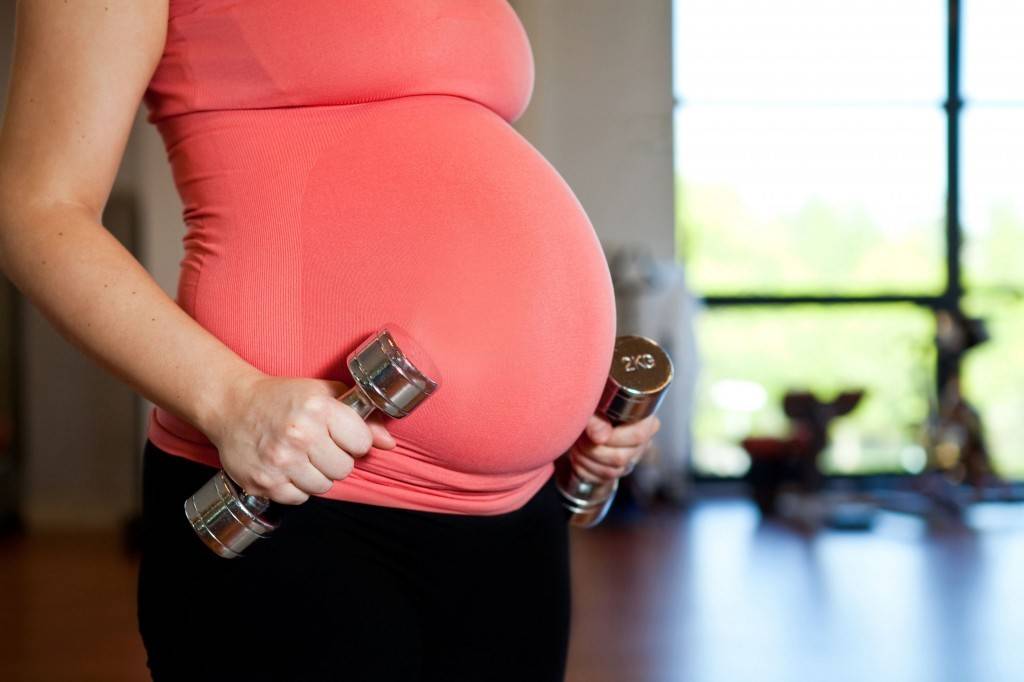Page Contents
by Katie Smith
- Weight Gain During Pregnancy Is Quite An Essential Part Of Pregnancy
For many women, perhaps it is not the best benefit of pregnant women to put any strict restrictions on the amount of food that they have to consume during pregnancy. You would be hard-pressed to discover that an obstetrician that wouldn’t recommend pregnant women to put on a minimum of twenty pounds while they are pregnant, irrespective of the truth that their body weight is as high as three hundred pounds.
- The Baby Size Depends On Food Volume Available
Along with studies that have been carry out regarding weight gain during pregnancy, it has been found that the baby size is depend on the large extent amount of food it is able to get from the mother uterus. And if the food is deprived from the baby, it can cause baby death during infancy or even result in a heart attack during their later years in life.
What is always been worried about is gaining too much weight during pregnancy but that should not be a reason enough to starve the uterus. If you start counting what you eating may be it would only cause the blood to be forced to the brain of the baby and not to other body organs that could cause in a baby being born with a tiny liver, kidneys or pancreas and other organs. Just be normal in your eating habits and eating normal quantities of food is essential and the reason is because most adults have high levels of hormones. It would make the small livers to remove insulin following the eating of a meal, and thus raise insulin levels, which could result in a possible heart attack.

It is therefore important for the pregnant woman not to purposely limit the amount of calories during pregnancy. Also, it is necessary to decide on more proper foods, which should be given top priority than how a large amount weight gain happens during pregnancy. Your diet menu must also include whole grains, nuts plus other seeds, beans and many other types of fruits and vegetables. Scientific research confirm that weight gain during pregnancy is both crucial and normal, and the pregnant woman need not have to worry unduly about how much weight she gains while she is pregnant.
Actually, weight gain during pregnancy depends on the weight of the developing embryo. The embryo inside the womb in pregnant woman plays an essential part for the healthy of the mother. Maybe it can be wrong for the pregnant woman to mistake weight gain during pregnancy for obesity. It is normal for pregnant woman gaining weight from twenty-five to thirty-five pounds while in a pregnant state. Actually, weight gain during pregnancy is vital for the pregnant mother so that she can support the growth of her baby plus its development.
- Weight Training and Pregnancy
Exercising during pregnancy is a great way to keep yourself and your baby healthy and to get your body ready for labor. Always talk to your doctor before beginning any exercise regimens once you find out you are pregnant. It is tempting when you find out that you are pregnant to become very motivated to become as healthy as possible, but you must be sure not to over-exercise and strain your body. This will put the baby at unnecessary risk.
A good rule of thumb to follow is this: if you were exercising regularly before becoming pregnant, you can continue under the watchful eye of your doctor. You may want to attend some specifically-designed classes for pregnant women. Many local gyms offer these types of aerobic, pilates, and yoga classes.

Many women ask about weight training when they become pregnant. Weight training is perfectly safe as long as you are not at high-risk for certain pregnancy conditions, and as long as you weight train safely and mindfully. You never want to put yourself in a position where a falling weight could injure your stomach or pelvic region. Safety should be your first concern.
Lifting weights can be great for pregnancy. It can help to tone and strengthen muscles and bones and can help you coordinate proper breathing for exertion. It is safest to use weight lifting machines when pregnant, as the risk of falling or dropping a weight is less than when using free weights. In the first trimester, free weights can still be an option, but in the second and third trimesters, weight lifting should be done in a seated position on a weight machine in order to avoid injury or trauma.
- Exercises Pregnant Women Should Avoid
When you become pregnant, it is important to discuss your fitness maintenance with your physician. Even if you have been exercising faithfully for years before your pregnancy, it is important that your doctor be an integral part of your fitness team.
Exercise is wonderful for a pregnant woman. Proper exercise and fitness maintenance can help strengthen and tone your bones, muscles, and joints and can help you ready your body for labor. Regular exercise during pregnancy can also help you lose the baby weight faster once your little one is born

So what exercises should you do? Before beginning any exercise program, always talk to your doctor and have a full physical done. Many women are at risk for complications during pregnancy and these complications will take special consideration from your doctor when prescribing a fitness routine.
Exercises that you did previous to your pregnancy are generally okay to continue, but any exercise that puts you at risk of falling or dropping heavy weight should be avoided. Bike riding is a great low-impact activity, but as your pregnancy progresses, your center of gravity will change, making balance much harder than it once was. To reduce your risk of falling, switch to a stationary bike.
Avoid high-impact sports or any sport that puts unnecessary strain on the pelvic region and pelvic muscles. Avoid any exercise that requires you to lie on your back for long periods of time.
Many gyms offer classes specifically designed for pregnant women and these classes are a great way to learn new forms of exercise and strengthen your body for its new task: motherhood!
